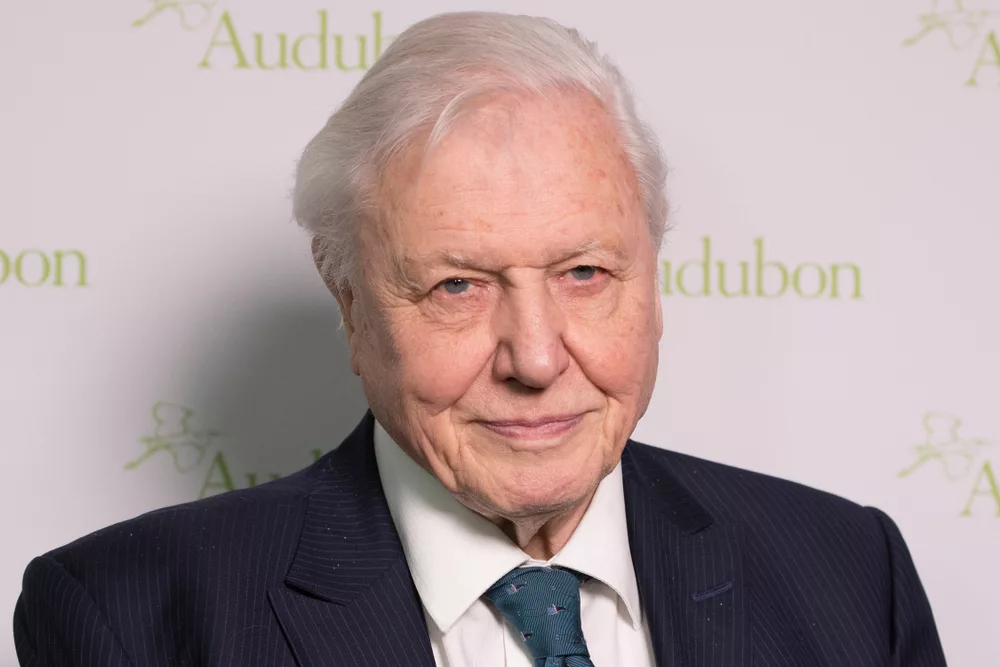Ecology, the study of the interactions between organisms and their environment, has been a crucial field of science for understanding the complex web of life on Earth. Throughout history, numerous individuals have made significant contributions to our understanding of ecological principles and the conservation of natural resources. These ecologists have dedicated their lives to unraveling the mysteries of the natural world, from the intricate relationships between species to the far-reaching impacts of human activities on ecosystems. In this article, we will explore the lives and achievements of the top 12 most influential ecologists in history, whose groundbreaking work has shaped our knowledge of the environment and inspired generations of scientists and conservation advocates.
Ernst Haeckel (1834-1919)

Ernst Haeckel, a German zoologist and philosopher, is widely regarded as the father of ecology. He coined the term “ecology” in 1866, defining it as the study of the relationships between organisms and their environment. Haeckel’s work laid the foundation for the modern understanding of ecosystems and the interconnectedness of life on Earth.
Haeckel’s most famous work, “Art Forms in Nature,” featured stunning illustrations of organisms from various ecosystems, showcasing the beauty and diversity of life. His artwork and scientific contributions helped to popularize the field of ecology and inspire a new generation of scientists to explore the natural world.
Rachel Carson (1907-1964)
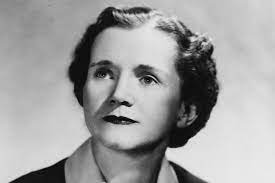
Rachel Carson, an American marine biologist and conservationist, is best known for her groundbreaking book “Silent Spring,” published in 1962. In this work, Carson exposed the harmful effects of pesticides, particularly DDT, on the environment and human health. Her findings sparked a national conversation about the use of chemicals in agriculture and ultimately led to the banning of DDT in the United States.
Carson’s work also highlighted the importance of preserving natural habitats and the need for responsible environmental stewardship. Her legacy continues to inspire environmental activists and policymakers worldwide, and she is often credited with launching the modern environmental movement.
Aldo Leopold (1887-1948)
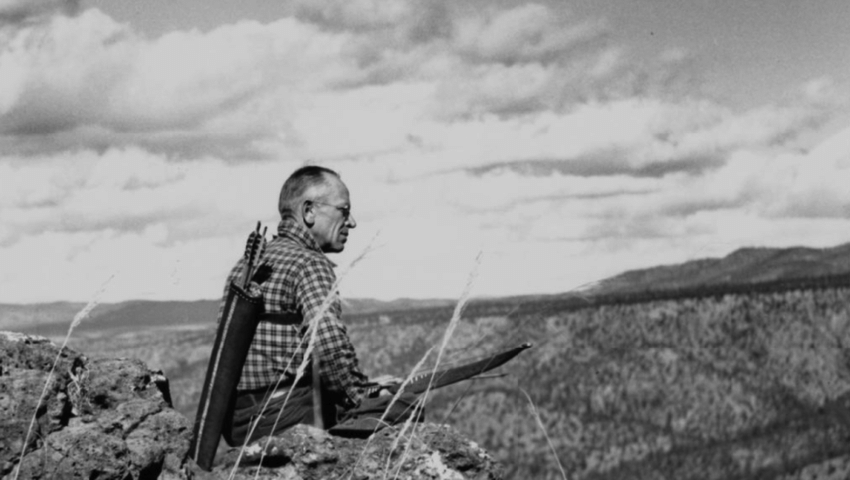
Aldo Leopold, an American ecologist, forester, and conservationist, is best known for his influential book “A Sand County Almanac,” published posthumously in 1949. In this work, Leopold articulated his vision of a “land ethic,” which emphasized the importance of treating the land as a community to which humans belong, rather than a commodity to be exploited.
Leopold’s land ethic has become a cornerstone of modern conservation philosophy, influencing the development of ecosystem management and wilderness preservation. His work also highlighted the importance of biodiversity and the need to protect endangered species and their habitats.
Eugene Odum (1913-2002)

Eugene Odum, an American ecologist, is widely regarded as one of the founders of ecosystem ecology. Odum’s work focused on the study of energy flow and nutrient cycling in ecosystems, and he developed the concept of the “ecological pyramid,” which illustrates the transfer of energy through food chains.
Odum’s textbook, “Fundamentals of Ecology,” first published in 1953, became a standard reference in the field and helped to establish ecology as a distinct scientific discipline. His work also emphasized the importance of understanding the interactions between organisms and their environment in order to develop effective conservation strategies.
Edward O. Wilson (1929-2021)

Edward O. Wilson, an American biologist and naturalist, is best known for his work on the evolution of social behavior in animals, particularly ants. Wilson’s research helped to establish the field of sociobiology, which seeks to understand the biological basis of social behavior in animals and humans.
Wilson was also a passionate advocate for biodiversity conservation, and his book “The Diversity of Life,” published in 1992, helped to raise public awareness about the importance of preserving the world’s ecosystems. His work has inspired countless scientists and conservationists to work towards protecting the planet’s natural heritage.
G. Evelyn Hutchinson (1903-1991)

G. Evelyn Hutchinson, a British-American ecologist, is best known for his work on the concept of the ecological niche. Hutchinson defined the niche as the range of environmental conditions and resources that a species requires to survive and reproduce, and he developed mathematical models to describe the relationships between species and their environment.
Hutchinson’s work laid the foundation for modern community ecology and helped to establish the field of limnology, the study of inland aquatic ecosystems. His research also emphasized the importance of understanding the role of competition and predation in shaping ecological communities.
Robert MacArthur (1930-1972)

Robert MacArthur, an American ecologist, is best known for his work on the theory of island biogeography, which he developed in collaboration with Edward O. Wilson. The theory seeks to explain the factors that determine the number and diversity of species on islands, and it has been widely applied to the study of fragmented habitats and the design of nature reserves.
MacArthur’s work also focused on the role of competition in shaping ecological communities, and he developed mathematical models to describe the relationships between species and their resources. His research helped to establish the field of theoretical ecology and inspired a new generation of ecologists to use mathematical approaches to study ecological systems.
Jane Lubchenco (1947-present)

Jane Lubchenco, an American marine ecologist, is best known for her work on the impacts of human activities on marine ecosystems. Lubchenco’s research has focused on the effects of overfishing, pollution, and climate change on the world’s oceans, and she has been a leading advocate for the development of sustainable fisheries management practices.
Lubchenco has also been a prominent voice in the scientific community, serving as the head of the National Oceanic and Atmospheric Administration (NOAA) from 2009 to 2013. In this role, she worked to promote the use of science in environmental policy and to raise public awareness about the importance of protecting the world’s oceans.
Charles Elton (1900-1991)
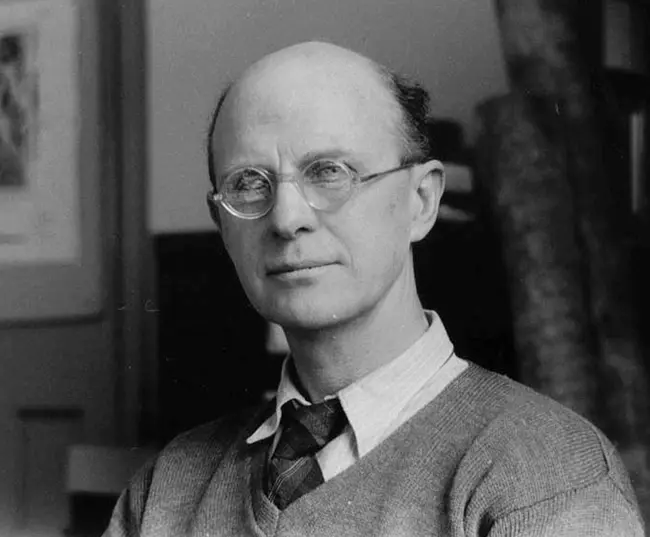
Charles Elton, a British ecologist, is best known for his work on the concept of the food chain. Elton described the transfer of energy through ecosystems, from primary producers (such as plants) to consumers (such as animals), and he emphasized the importance of understanding these relationships in order to manage natural resources effectively.
Elton’s work also focused on the impacts of invasive species on ecosystems, and he developed the concept of the “ecological explosion,” which describes the rapid spread of non-native species in new environments. His research helped to establish the field of invasion ecology and inspired efforts to prevent the introduction of invasive species worldwide.
Daniel Simberloff (1942-present)
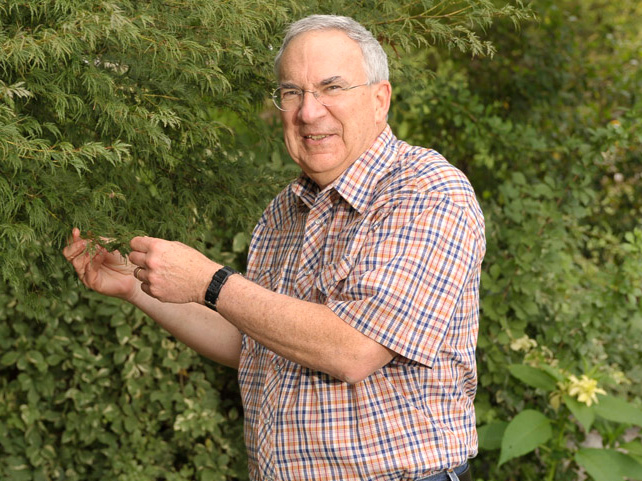
Daniel Simberloff, an American ecologist, is best known for his work on the impacts of habitat fragmentation on biodiversity. Simberloff’s research has focused on the factors that determine the number and diversity of species in fragmented landscapes, and he has been a leading advocate for the development of effective conservation strategies to protect endangered species and their habitats.
Simberloff has also been a prominent voice in the debate over the role of science in environmental policy, and he has argued for the importance of using rigorous scientific methods to inform conservation decision-making. His work has inspired a new generation of ecologists to engage in policy-relevant research and to work towards the protection of the world’s biodiversity.
David Tilman (1949-present)
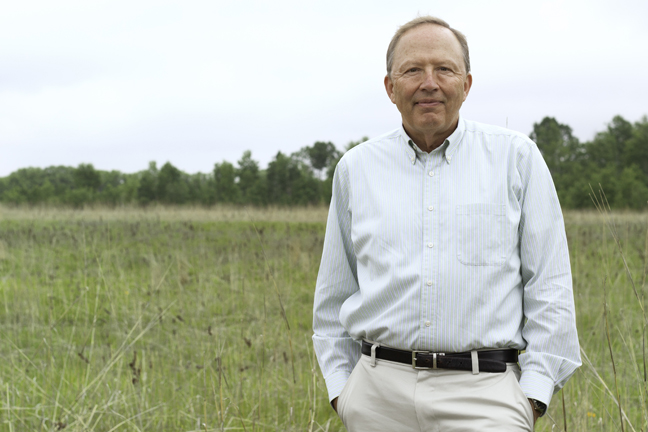
David Tilman, an American ecologist, is best known for his work on the relationship between biodiversity and ecosystem functioning. Tilman’s research has shown that ecosystems with higher levels of biodiversity are more productive and resilient to environmental stresses, such as drought or disease.
Tilman has also been a leading advocate for the development of sustainable agriculture practices that minimize the use of pesticides and fertilizers while maximizing the conservation of biodiversity. His work has inspired efforts to promote agroecology and to develop new approaches to food production that balance the needs of human populations with the protection of natural resources.
Paul R. Ehrlich (1932-present)

Paul R. Ehrlich, an American biologist and ecologist, is best known for his work on the impacts of human population growth on the environment. Ehrlich’s book “The Population Bomb,” published in 1968, warned of the potential consequences of unchecked population growth, including food shortages, environmental degradation, and social unrest.
Ehrlich’s work has been controversial, but it has also been influential in shaping public discourse around issues of population, consumption, and sustainability. He has been a leading advocate for the development of policies and practices that promote reproductive rights, gender equality, and access to education and healthcare as means of achieving sustainable population growth.
Conclusion
The top 12 most influential ecologists in history have made invaluable contributions to our understanding of the natural world and the complex relationships between organisms and their environment. From Ernst Haeckel’s pioneering work on the concept of ecology to Paul Ehrlich’s warnings about the impacts of population growth, these scientists have shaped the field of ecology and inspired generations of researchers and conservationists.
Their work has also had far-reaching impacts beyond the scientific community, influencing public policy, environmental activism, and societal attitudes towards the natural world. As we face the challenges of climate change, biodiversity loss, and environmental degradation in the 21st century, the insights and approaches developed by these influential ecologists will continue to guide our efforts to protect and preserve the planet’s ecosystems.
By studying the lives and achievements of these remarkable individuals, we can gain a deeper appreciation for the beauty, complexity, and fragility of the natural world, and a greater sense of our own responsibility to be good stewards of the environment. As we work towards a more sustainable future, we can draw inspiration from the dedication, curiosity, and passion of these influential ecologists, and strive to build upon their legacy of scientific discovery and environmental advocacy.

